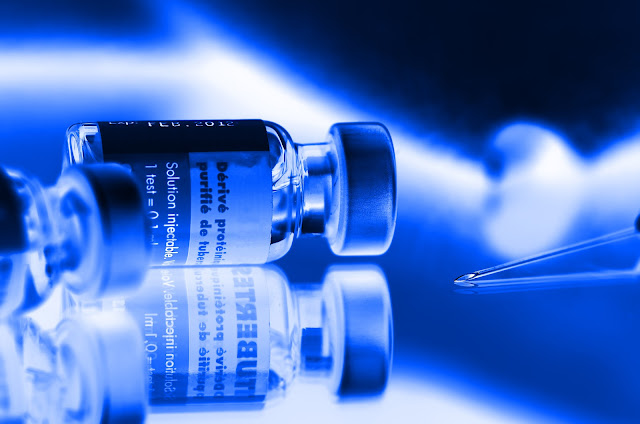The Growing MENA Biologics & Biosimilars Market is in Trends by Rising Healthcare Spending
MENA Biologics & Biosimilars include recombinant therapeutic proteins and monoclonal antibodies used to treat various chronic and acute conditions such as diabetes, cancer, and autoimmune diseases. Biologics are large, complex molecules or mixtures of molecules, produced from living systems. Biosimilars are biotherapeutic products that are similar to an already approved biological drug that works in a similar manner but are not identical. They offer cost-effective treatment options due to lower prices compared toReference Biologics. The MENA Biologics & Biosimilars Market comprising of biosimilar versions of recombinant human insulin, insulin glargine, interferon beta-1a, filgrastim, etanercept and infliximab among others.
The Global MENA Biologics & Biosimilars Market is estimated to be valued at US$ 578.54 Mn in 2024 and is expected to exhibit a CAGR of 1.1% over the forecast period 2024 to 2030.
Key Takeaways
Key players operating in the Mena
Biologics & Biosimilars are AstraZeneca, Eli Lilly and Company,
Sanofi, Novo Nordisk A/S, Pfizer Inc. AstraZeneca launched Fasenra, a
monoclonal antibody for severe asthma in Saudi Arabia and other MENA markets.
Eli Lilly launched Trulicity, a once-weekly GLP-1 agonist for type 2 diabetes
treatment across key MENA markets.
The demand for biosimilars is rising in the region due to growing prevalence of
chronic diseases and rising healthcare costs. Biosimilars provide a more
affordable treatment option for patients. Additionally, governments are
encouraging greater use of biosimilars to reduce healthcare expenditure.
Major international pharmaceutical companies are expanding their biosimilars
portfolio in the MENA region through collaborations, acquisitions and new
product launches. Regional pharmaceutical manufacturers are also developing
biosimilar versions of major biologic drugs.
Market key trends
One of the key trends in the MENA Biologics & Biosimilars Market is
increasing adoption of single-use bioprocessing technologies. Single-use
bioprocessing uses disposable or single-use systems rather than the traditional
steel reactors and piping. It offers benefits like reduced risk of
cross-contamination, lower capital investment, improved flexibility and speed
to meet fluctuating demand. Leading biopharma companies in the region are
adopting single-use technologies to optimize their biosimilars production
processes.
Porter’s Analysis
Threat of new entrants: High investments required to set up manufacturing
facilities increases threat of new entrants.
Bargaining power of buyers: Major buyers are government entities
and private hospitals so bargaining power is moderate to high.
Bargaining power of suppliers: Key raw materials are sourced
from limited suppliers so suppliers enjoy high bargaining power.
Threat of new substitutes: Continuous innovation and advancements
in treatment alternatives poses threat of new substitutes.
The geographical region where the MENA biologics and biosimilars market in terms of value is concentrated in Gulf Cooperation Council (GCC) countries. The major GCC countries are Saudi Arabia, United Arab Emirates, Qatar, Kuwait, Bahrain and Oman. These GCC countries account for more than 60% share of total MENA biologics and biosimilars market value.
The fastest growing region for the MENA biologics and biosimilars market is Algeria. Algeria biologics and biosimilars market is growing at a rapid annual growth rate of around 20% owing to rising healthcare expenditure, prevalence of chronic diseases and development of healthcare infrastructure in the country. The Algerian government supports indigenous biologics and biosimilars production and generic drugs to reduce healthcare costs. This is boosting investments from local and multinational pharmaceutical companies in Algeria biologics and biosimilars market.



Comments
Post a Comment